Description
WEDDING CAKE THCA HEMP FLOWER PREROLL
21.17% Total Cannabinoids
PLEASE NOTE: You must be 21 years or older to purchase this product. We require proof of valid ID at checkout.
Get ready to experience one of the most iconic sativa hybrids in the cannabis world—Sour Diesel, or Sour D for short. Known for its energizing and uplifting effects, this strain is perfect for those seeking a burst of creativity and focus. Its distinct, bold flavor profile leans more towards savory than sweet, making it a standout among cannabis connoisseurs.
Our THCa prerolls are made from organically grown hemp flower and triple-tested and analyzed by an independent lab to ensure quality, purity, and potency.
Like all of our cannabis products, Wedding Cake THCa Hemp Flower prerolls are 2018 Farm Act compliant and legal in Pennsylvania and other jurisdictions with similar hemp product laws. (Check your state and local laws to verify legality before purchasing or consuming.)
INGREDIENTS: Wedding Cake THCa Hemp Flower
Wedding Cake THCa Hemp Flower Cannabinoid Concentration:
Each preroll contains 21.7% total Cannabinoids.
- Delta-9 THC: 0.142%
- THCa: 21.025%
Try our Sour Diesel prerolls, too!
WARNING: These statements have not been evaluated by the Food and Drug Administration. These products are not intended to diagnose, treat, cure, or prevent disease. Use only as directed. For use by adults aged 21 and up. Do not combine with alcohol, drugs, or medications. Do not use if pregnant, nursing or have or suspect a medical condition. May cause drowsiness. Do not operate a vehicle or heavy machinery. May have a delayed effect. Keep out of reach of children and pets.
STATEMENT REGARDING (TETRAHYDROCANNABINOL) THC CONTENT: Sour Diesel prerolls contain up to the legal limit of 0.3% tetrahydrocannabinol (THC). If you consume this product, you will fail a drug test.
INGREDIENTS: Wedding Cake THCa Hemp Flower
USAGE AND SAFETY
Here are four helpful tips to follow when lighting prerolls.
- Apply a flame to the tip of the preroll: The flame should always be applied to the tip of the preroll. This will help ensure an even burn.
- Do NOT inhale while lighting the preroll: This is one of the ways cannabis prerolls are different from regular cigarettes. If you inhale while lighting, you will have trouble observing what is happening at the tip and end up with an uneven, fast burn.
- Rotate the preroll slowly: Before putting the preroll in your mouth, slowly rotate it between your thumb and index finger to ensure an even burn. Use your other hand to light the tip. Keep in mind that you don’t need to touch the flame to the tip of the preroll. Alternatively, you can hold your lighter or match a few inches from your preroll. Keep your fingers away from the tip to avoid burning your fingertips.
- Start with small puffs: After lighting your preroll, you may begin to smoke it. We recommend starting with small puffs instead of immediately inhaling large amounts of smoke. If you begin with puffs that are too big, you can potentially cause damage to your lungs.
- Draw the smoke into your mouth first: When smoking a preroll, remember to draw the smoke into your mouth before inhaling. Use your diaphragm when inhaling and exhaling.
FAQS
What is THCa?
THCa is the acidic form of THC (tetrahydrocannabinolic acid). As a cannabis plant matures and its buds grow, its terpene and cannabinoid content begins to develop. The plant will first develop the cannabinoid CBGa, known as the “mother of all cannabinoids,” which eventually breaks down and produces primary cannabinoids, like THCa and CBDa.
THCa is not intoxicating if ingested. Chemically, it has an additional molecular carboxyl ring, which prevents it from binding to the receptors in the brain that are responsible for creating a “high” feeling. However, over time, or when THCa is exposed to heat — such as when smoking, vaping, dabbing, or cooking — it will convert into the beloved, psychoactive cannabinoid, THC.
What is THCa vs. THC
The most significant difference between THCa and THC is that THCa does not produce the intoxicating effects that THC does. However, THCa converts to THC when heated through smoking, vaping, dabbing, or cooking (for edibles) — a process called decarboxylation. Heat alters the molecular structure of THCa by removing a carboxyl ring. The absence of that carboxyl ring allows THC to bind to CB1 receptors in our bodies, including our brains.
THCa and THC create some of the same effects. Both have the potential to treat nausea, but THCa shows far more promise for addressing inflammation and pain. On the flip side, because THCa isn’t psychoactive, some people may find it less effective for sleep or pain relief than activated THC.
Is THCa Legal in Pennsylvania?
Hemp is federally legal under the 2018 Farm Act and Pennsylvania law, so all cannabinoids and extracts derived from hemp are legal in PA. There is no specific concentration limit for THCa products in Pennsylvania. The state allows THCa products to be sold in any product form, strength, possession amount, and purchase amount as long as it is derived from hemp, not marijuana.
However, the federal and state legal limit for products with Delta-9 THC is a concentration of 0.3% or less on a dry weight basis.
Does THCa Get You High?
THCa does not create a high feeling unless it has been decarboxylated (through smoking, vaping, dabbing, or cooking) to convert it to THC.
Will I fail a drug test using THCa hemp flower?
The short answer is yes. If you’ve consumed decarboxylated THCa, it will likely show up on a drug test, considering most tests screen for THC metabolites like THC-COOH. When THCa is decarboxylated (whether by smoking, vaping, dabbing, or baking), it converts to Delta-9 THC, which breaks down into THC-COOH.
How Long Does THCa Stay in Your System?
Various factors affect how long cannabinoids remain in your system:
- How much you consumed
- Your metabolism
- Frequency of consumption
- Consumption method
- Type of drug screening
Also, some types of drug screenings are better than others at detecting THC metabolites. Typically, screenings that test urine, hair, and sweat can detect THC for days or even weeks after an individual has consumed cannabis, while saliva and blood tests may only detect THC for hours. The THC detection window will be longer for a person who regularly consumes cannabis products vs. someone who has consumed THCa converted to THC for the first time.


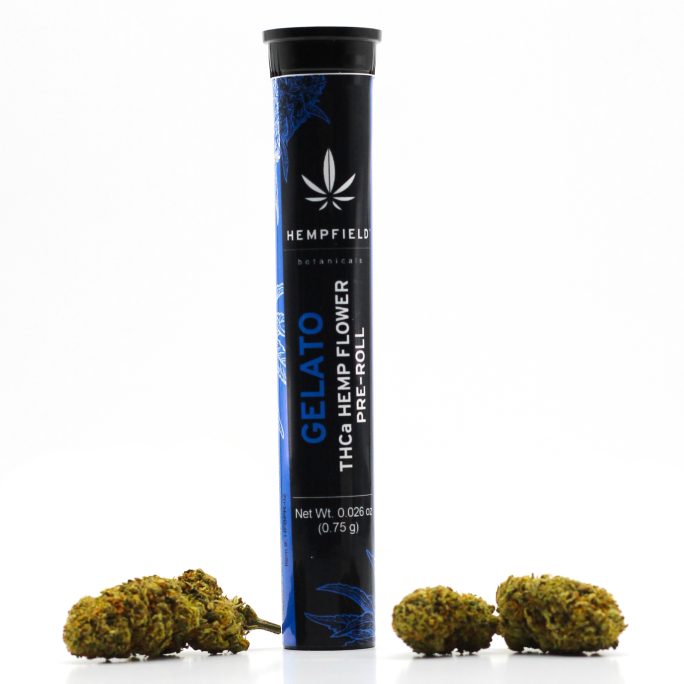
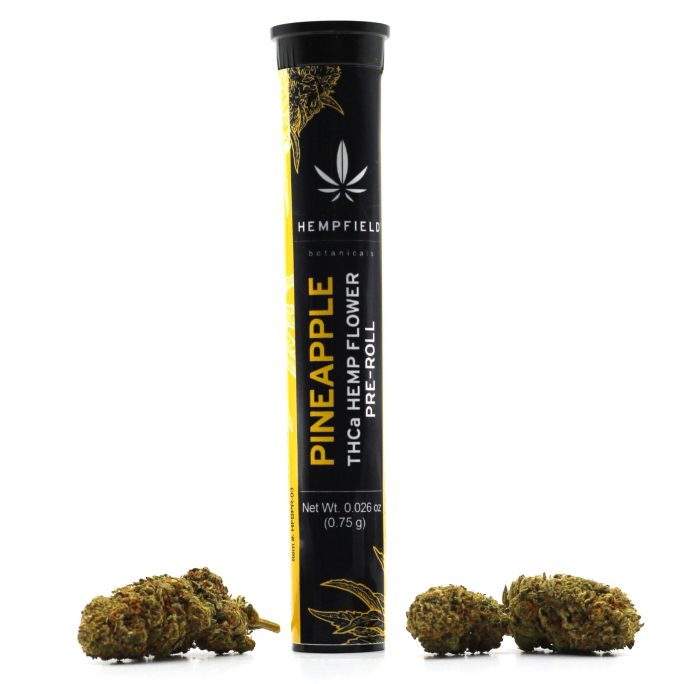
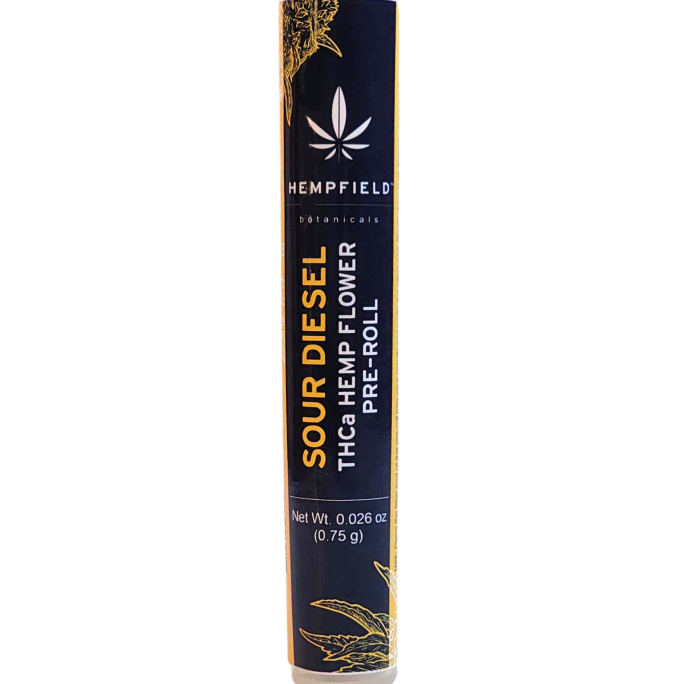
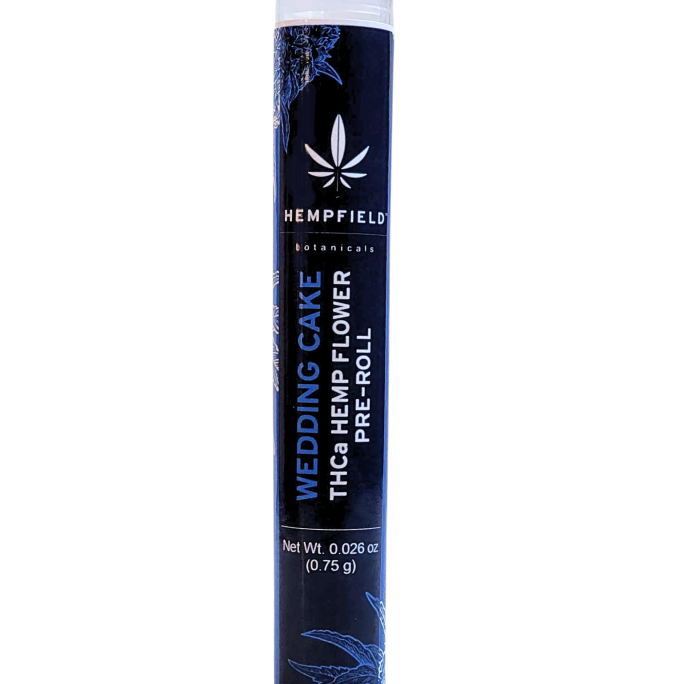
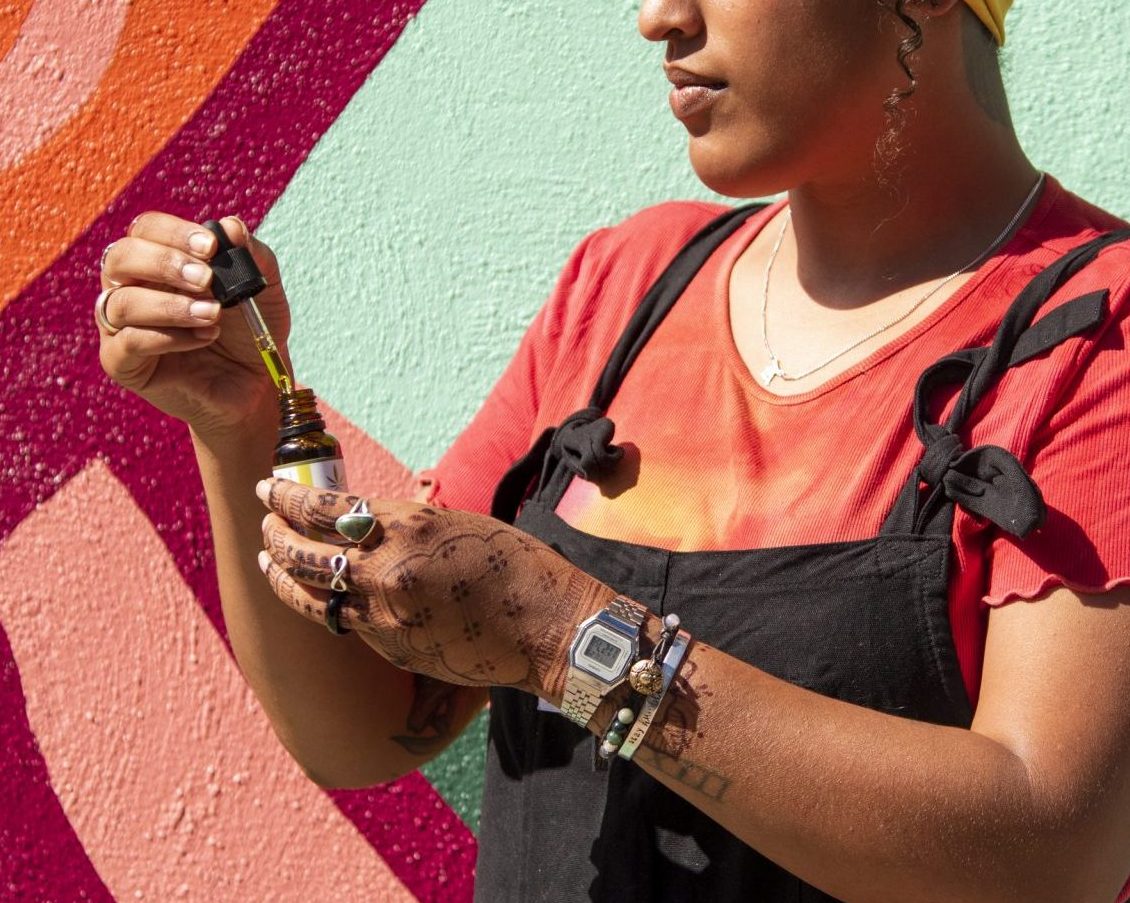
Reviews
There are no reviews yet.